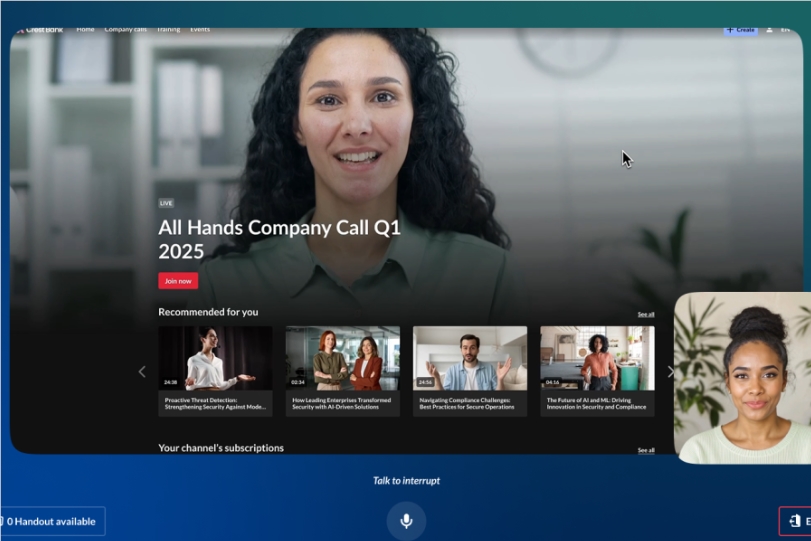Recently, SoftBank and OpenAI announced the establishment of a 50-50 joint venture called "Crystal Intelligence," aimed at selling enterprise AI tools to the Japanese market. On the surface, this seems like a straightforward international expansion deal. However, considering SoftBank's role as a major investor in OpenAI, this collaboration has raised questions about whether large-scale transactions in the AI industry are truly creating economic value.
SoftBank's role raises the question of whether the AI industry is just continuously transferring funds without generating real economic growth. Experts believe that the current investment model may face sustainability challenges, especially in the AI sector, where rapid market expansion may not be accompanied by corresponding actual returns.
At the same time, participants are full of both hope and anxiety about the future of this joint venture. They hope this new business model will succeed in the Japanese market and drive further development of AI technology. However, investors and industry observers are watching closely to see whether this will create a positive cycle or merely result in inefficient movement of funds.
The joint venture between SoftBank and OpenAI is not only an extension of a business strategy but also an important examination of the current state of AI investment. As the market evolves, industry participants need to more carefully assess future directions.
Key points:
🌐 SoftBank and OpenAI have established a joint venture "Crystal Intelligence" focused on selling AI tools in the Japanese market.
💡 This deal has raised doubts about the AI investment model and whether it can create real economic value.
🔍 Industry professionals are paying attention to the sustainability and market prospects of the joint venture.










